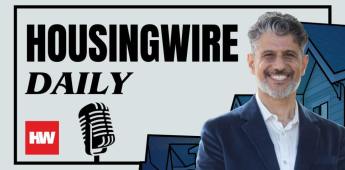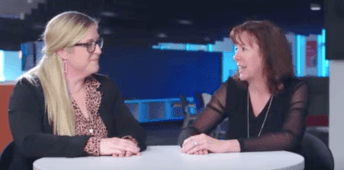Reverse
The reverse mortgage business may comprise a small fraction of the overall housing market, but it’s an important one. For many retirees, reverse mortgages are the most cost-effective alternative income source because the proceeds from tapping into home equity with a reverse mortgage are not taxable. Plus, reverse mortgages can be an essential risk mitigation tool for millions of homeowners — and recent studies have shown that retirement strategies that use a reverse mortgage as an alternative source of cash flow to a traditional investment portfolio hold the greatest benefit for Americans with $100,000 to $1.5 million in investable assets.
Over the last couple of years, the industry experienced heightened reverse mortgage activity due to the COVID-19 pandemic, and reverse mortgage lenders are also optimistic about the recently increased Home Equity Conversion Mortgage (HECM) lending limit. The HECM limit was boosted from $970,800 in 2022 to $1,089,300 in 2023, and the new higher limit will offer more benefits to prospective borrowers while giving borrowers with a reverse mortgage the opportunity to re-qualify and obtain new loans.
In addition, trillions of dollars in housing wealth has been collected by homeowners ages 62 and older in recent years because of the massive growth in property values. This means there may be even more opportunity for the reverse mortgage business to grow by providing education and insight into how reverse mortgages can benefit senior homeowners who are seeking to increase their cash flow during retirement.
You can find comprehensive news and coverage of the reverse mortgage industry at Reverse Mortgage Daily, our sister website, located at www.housingwire.com.
Latest Posts
Laguna Beach, Calif. features its own city-supported aging-in-place program
Jan 18, 2024The city piloted its own dedicated aging-in-place program in 2017, aiming to cater to more seniors wishing to remain in their homes.
-
Former Ginnie Mae president applauds the development of new HMBS product
Jan 18, 2024 -
CFPB advises the public of scammers posing as Bureau officials
Jan 17, 2024 -
RMF estate, now ‘out of money,’ seeks conversion to Chapter 7 bankruptcy
Jan 17, 2024 -
HUD secretary suggests openness to changing FHA ‘life of loan’ requirement
Jan 17, 2024 -
Reverse mortgages can help with long-term care, but knowledge is key
Jan 16, 2024 -
Ginnie Mae to explore new reverse mortgage-backed security product
Jan 16, 2024 -
How SECURE 2.0 could make saving for retirement easier
Jan 12, 2024 -
Rhode Island historian uses a reverse mortgage as an estate planning tool
Jan 12, 2024 -
Over 60% of seniors haven’t used professional help for retirement planning: AARP
Jan 11, 2024 -
Ginnie Mae fires back over RMF lending suit, seeks case dismissal
Jan 11, 2024 -
Reverse mortgage lender hires former news anchor in new marketing push
Jan 10, 2024







